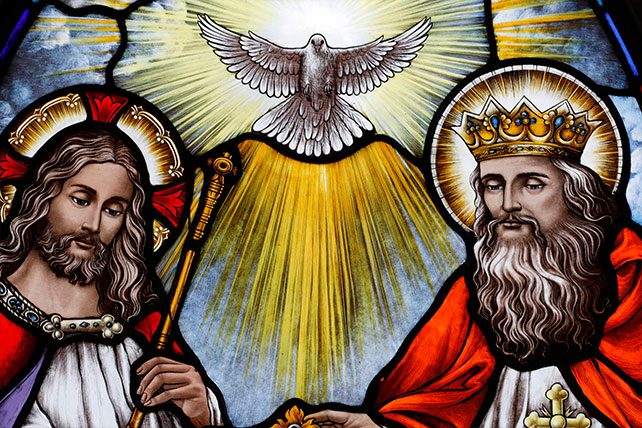Contemporary Discussions and Interpretations
Modern theological debates continue to explore and challenge traditional understandings of the Trinity. Feminist, liberation, and process theologians have proposed alternative models of the Trinity to address contemporary issues and perspectives. Additionally, the Trinity is a focal point in interfaith dialogue, as Christians engage with believers of other faiths. Understanding and articulating the Trinity in today’s context remains a dynamic and evolving task, reflecting the ongoing nature of theological inquiry.
RELATED: God Wants You To Know Him as a Perfect Father
The doctrine of the Holy Trinity remains central to Christian theology and practice, embodying the mystery, unity, and diversity of God. While challenging to fully comprehend, the Trinity invites believers into a deeper relationship with God, characterized by love, community, and mutual indwelling. As Christians continue to explore and reflect on this mystery, they are encouraged to embrace the complexity and richness of their faith, which reflects the incomprehensible yet personal nature of God.
References and Further Reading
For those seeking to go deeper into the mystery of the Holy Trinity, numerous resources are available. Key theological texts include St. Augustine’s “De Trinitate,” Karl Rahner’s “The Trinity,” and the Catechism of the Catholic Church. Bible commentaries, such as those by N.T. Wright or the International Critical Commentary series, provide insight into scriptural foundations. Academic papers and articles from theological journals offer contemporary perspectives and debates on Trinitarian doctrine. Engaging with these resources can enrich one’s understanding and appreciation of this central Christian belief.

